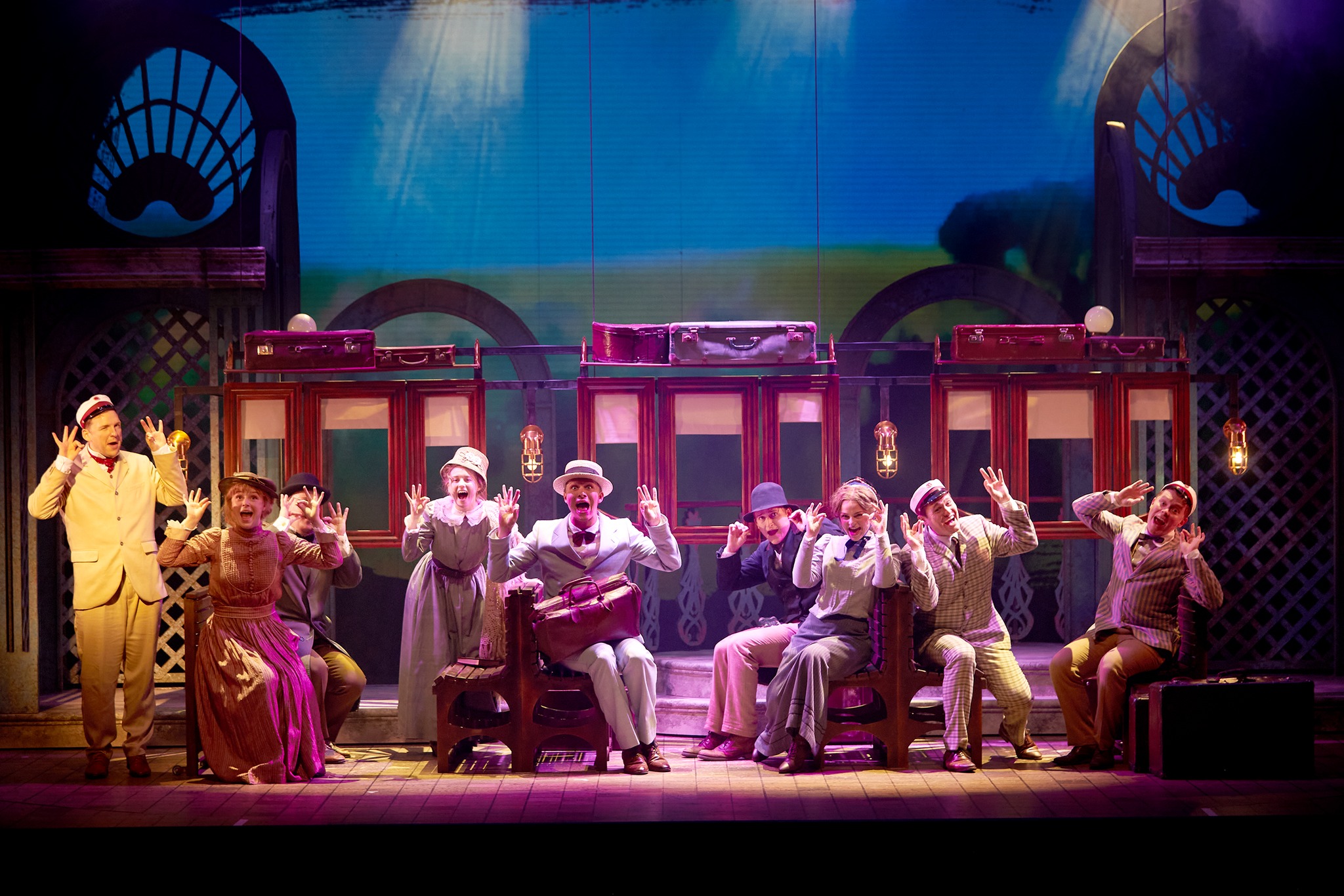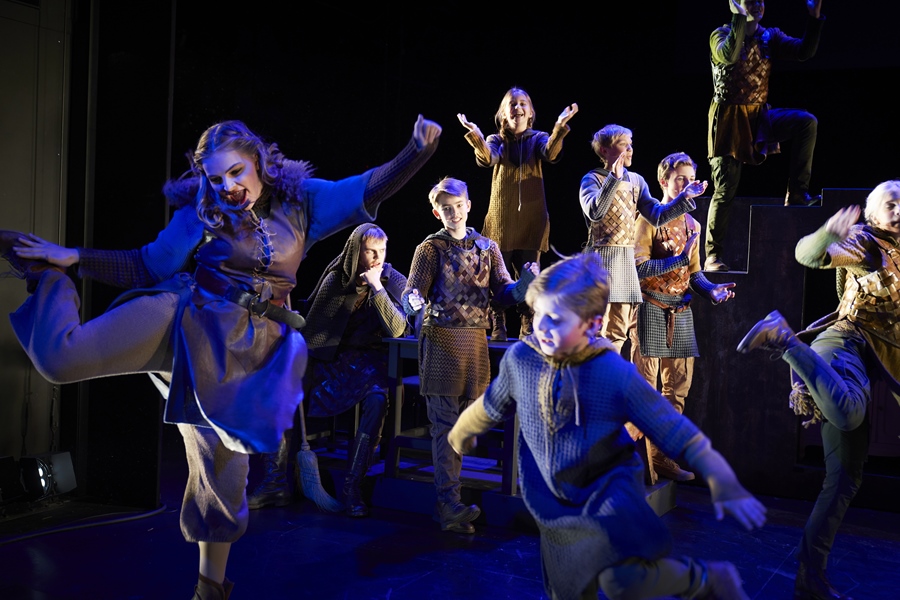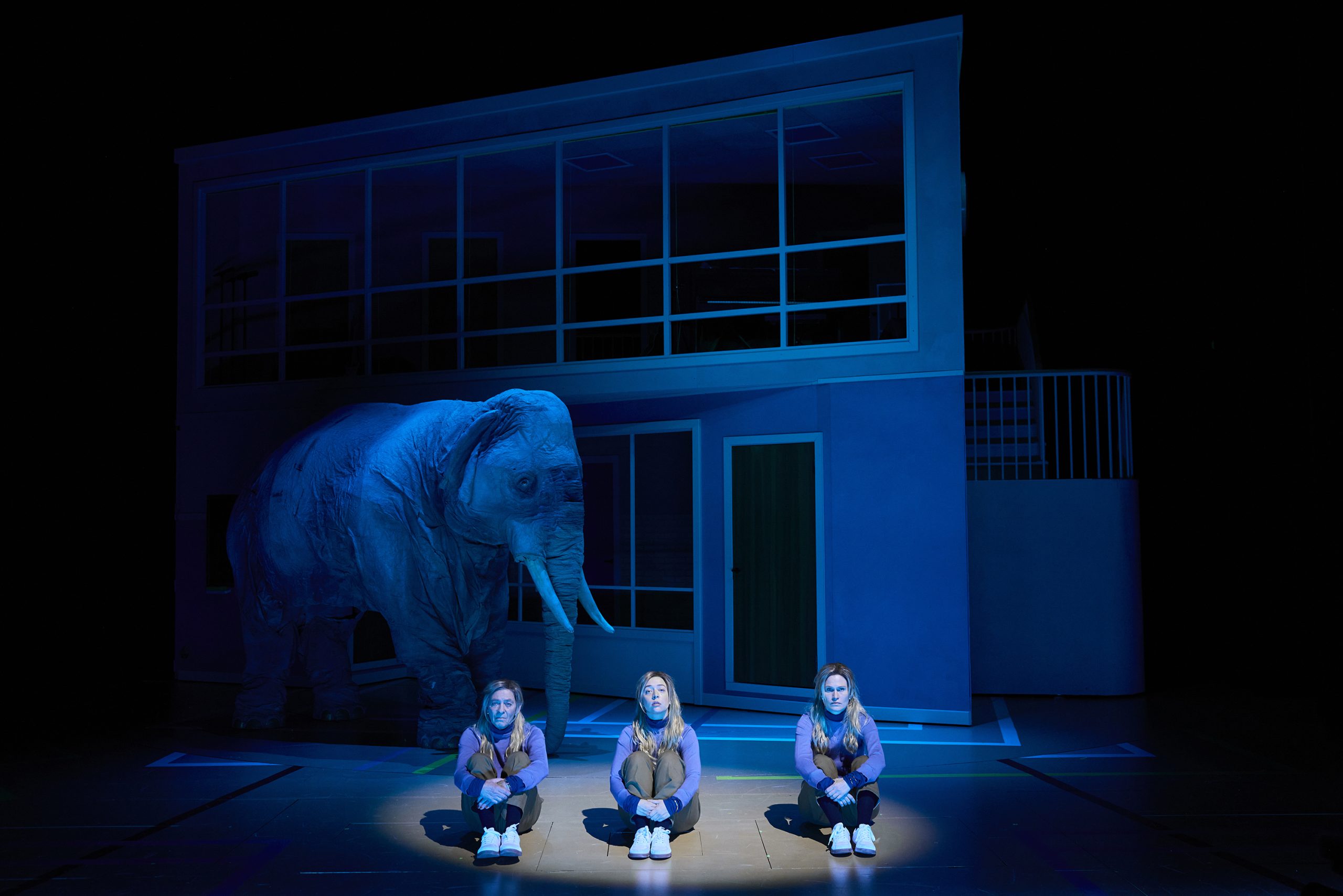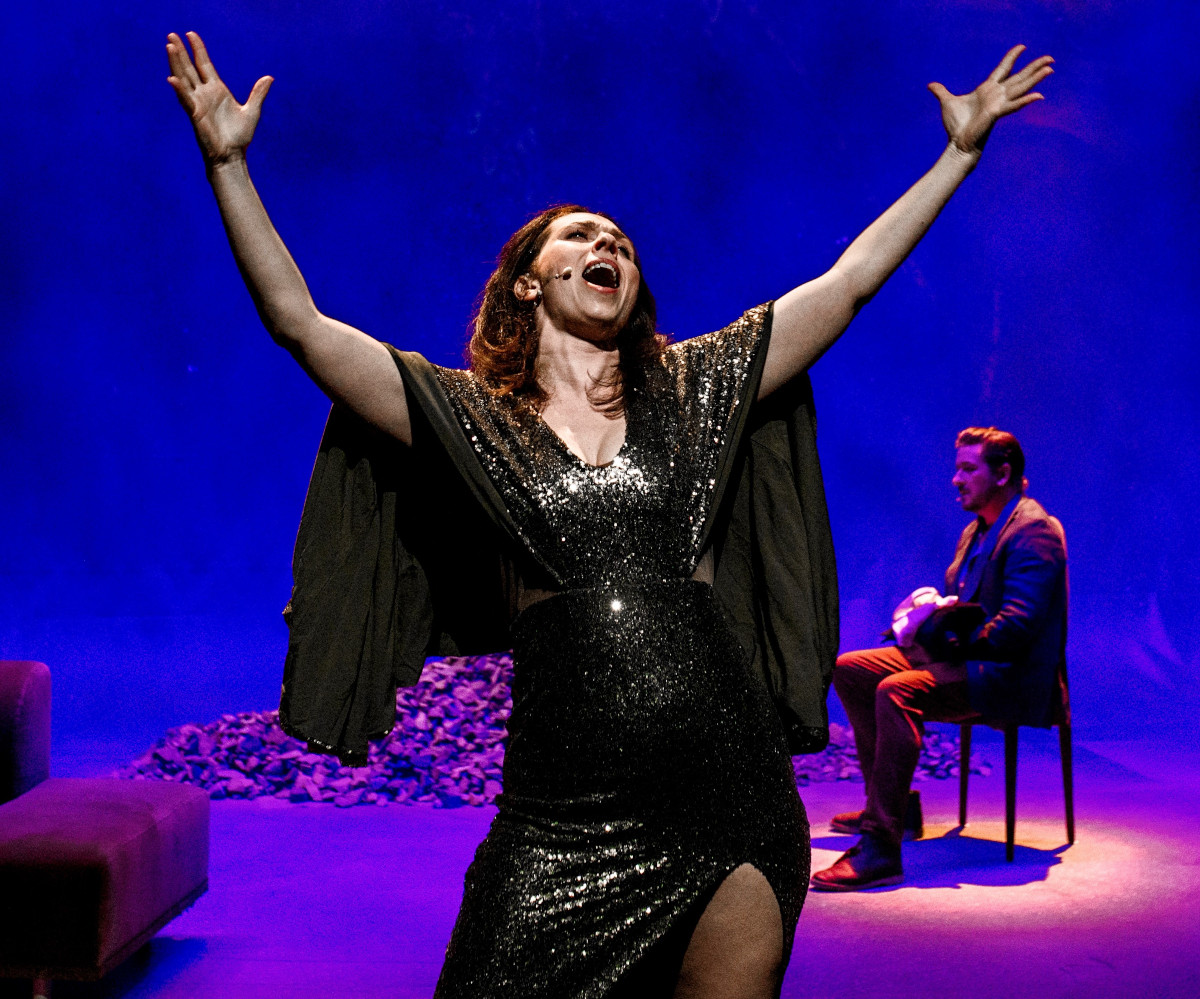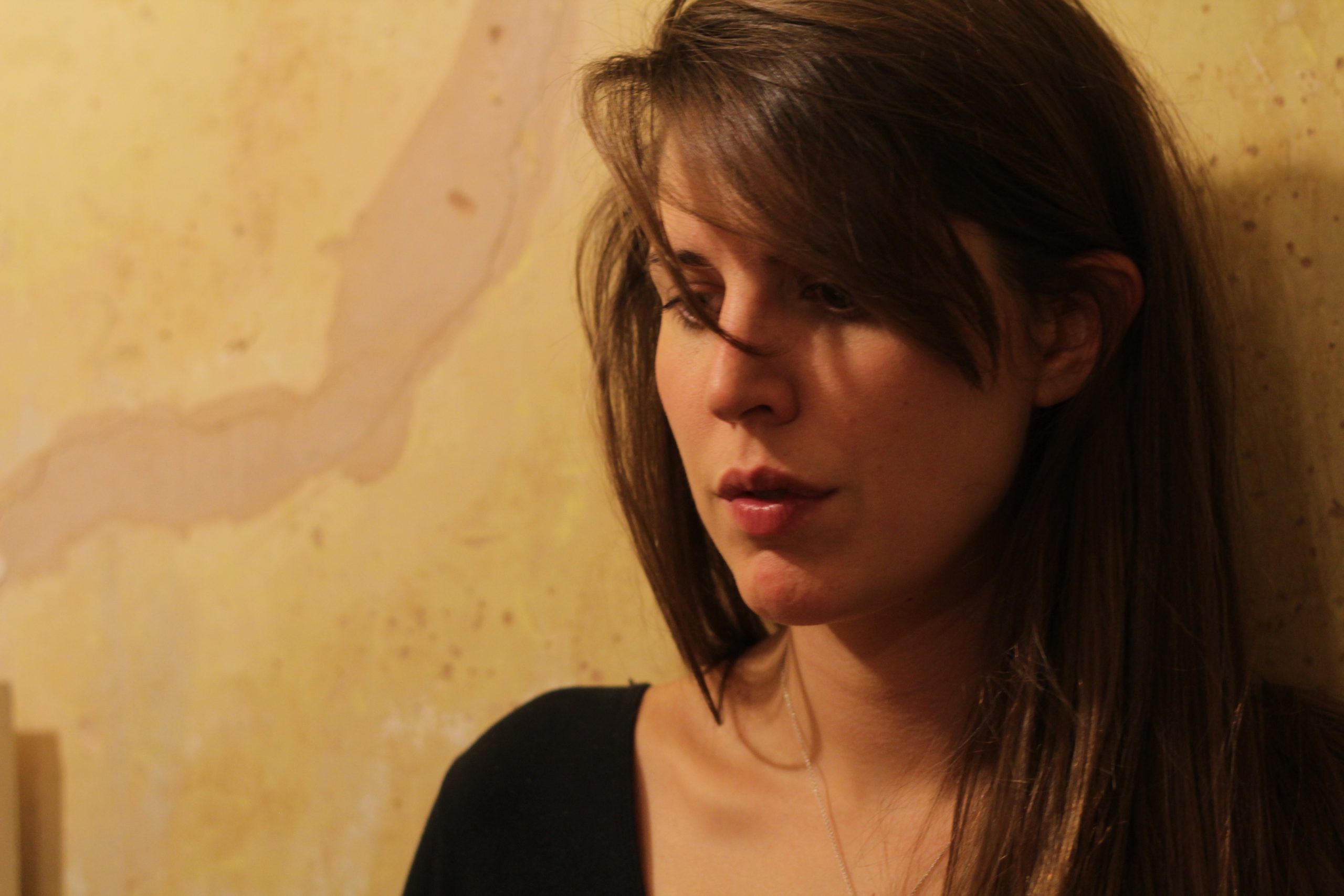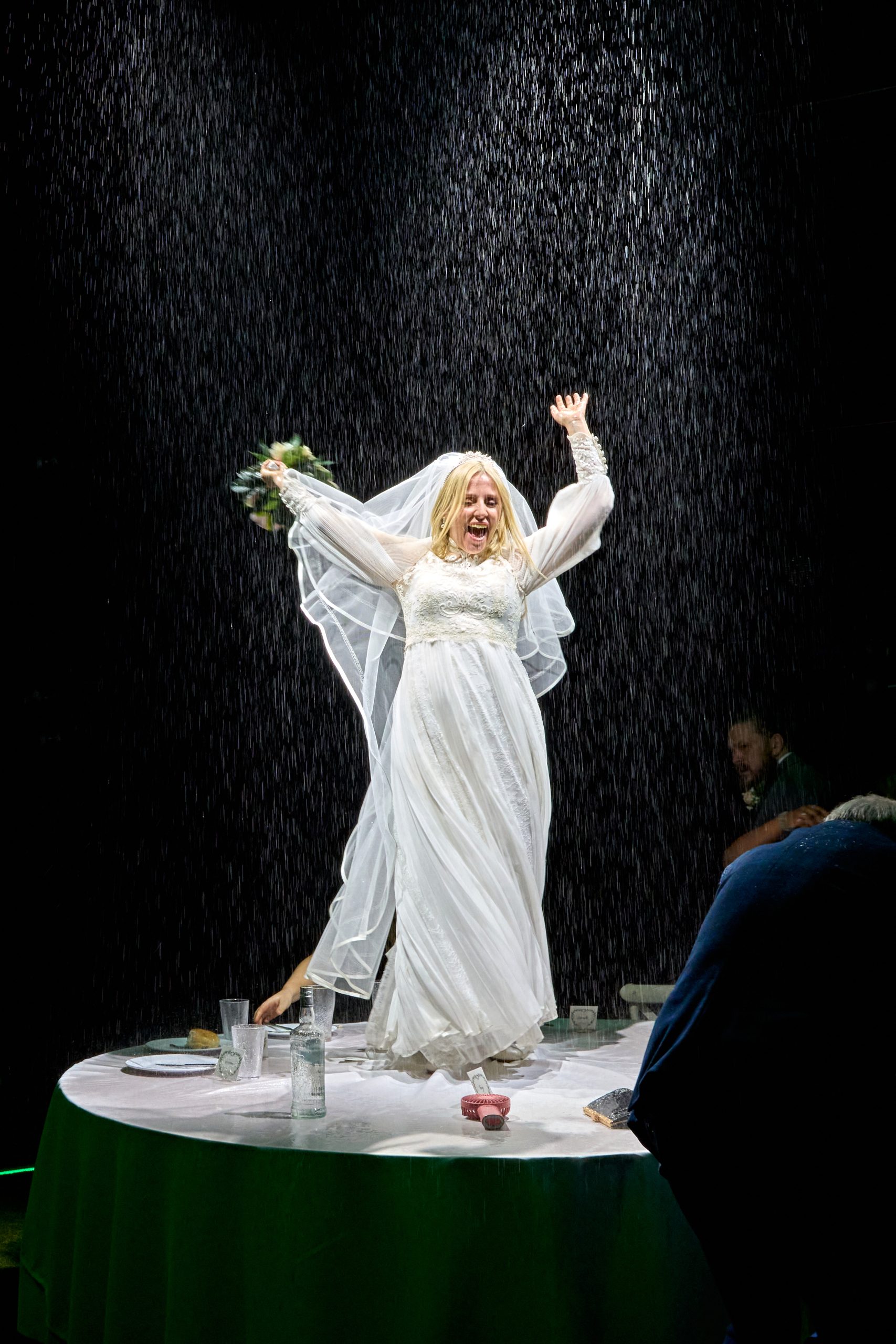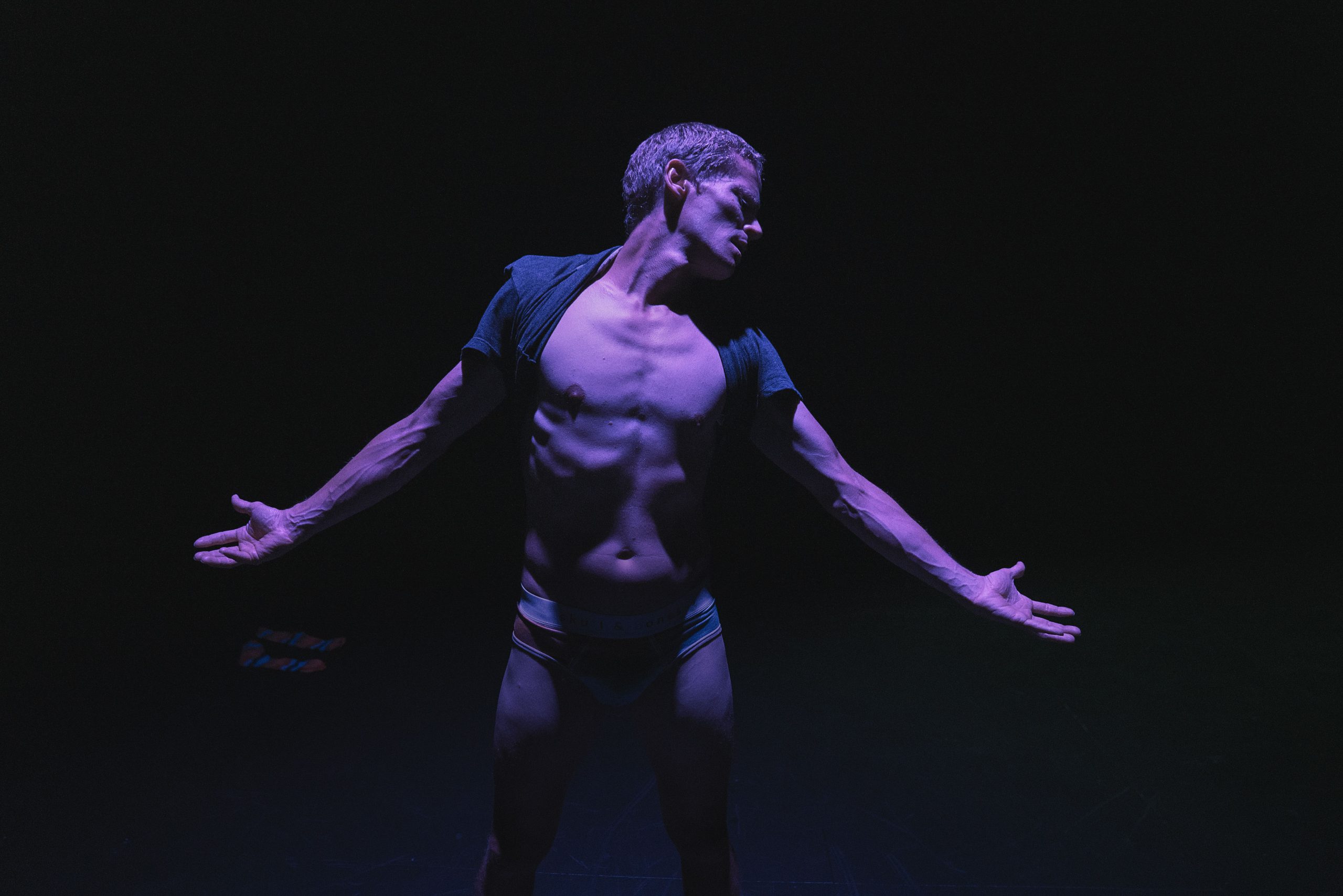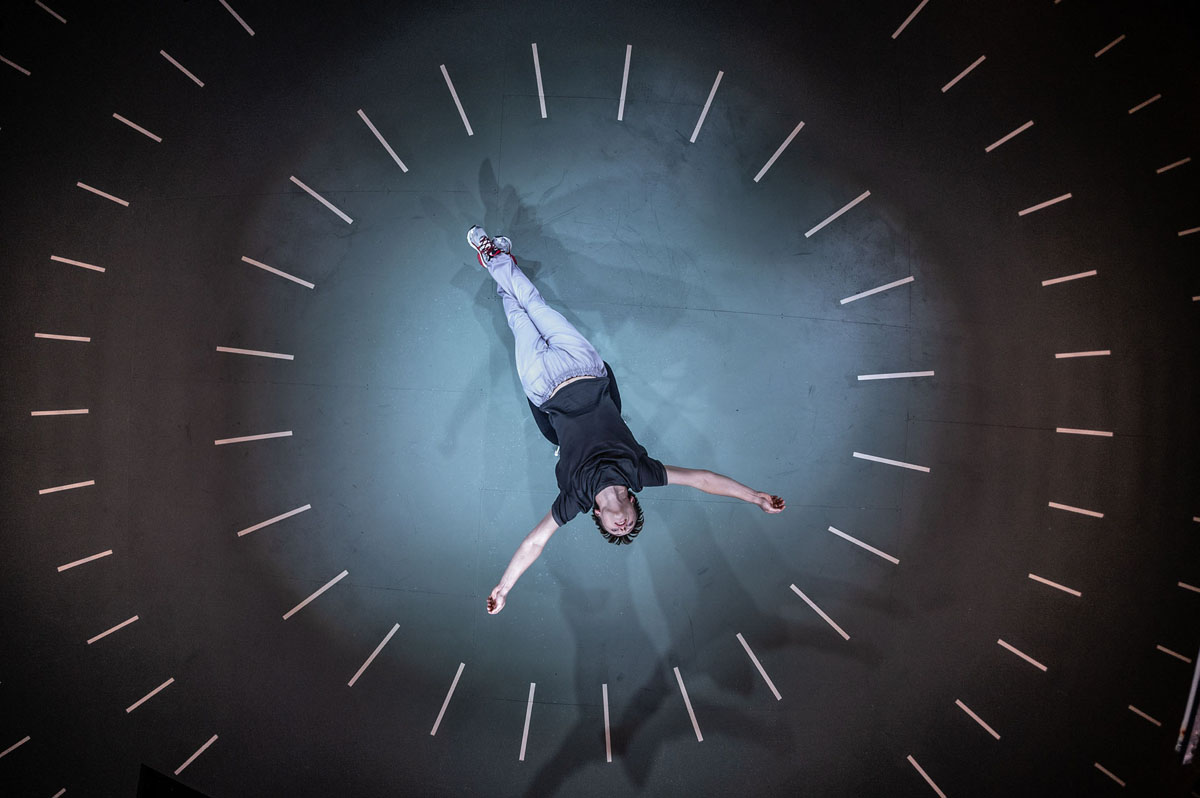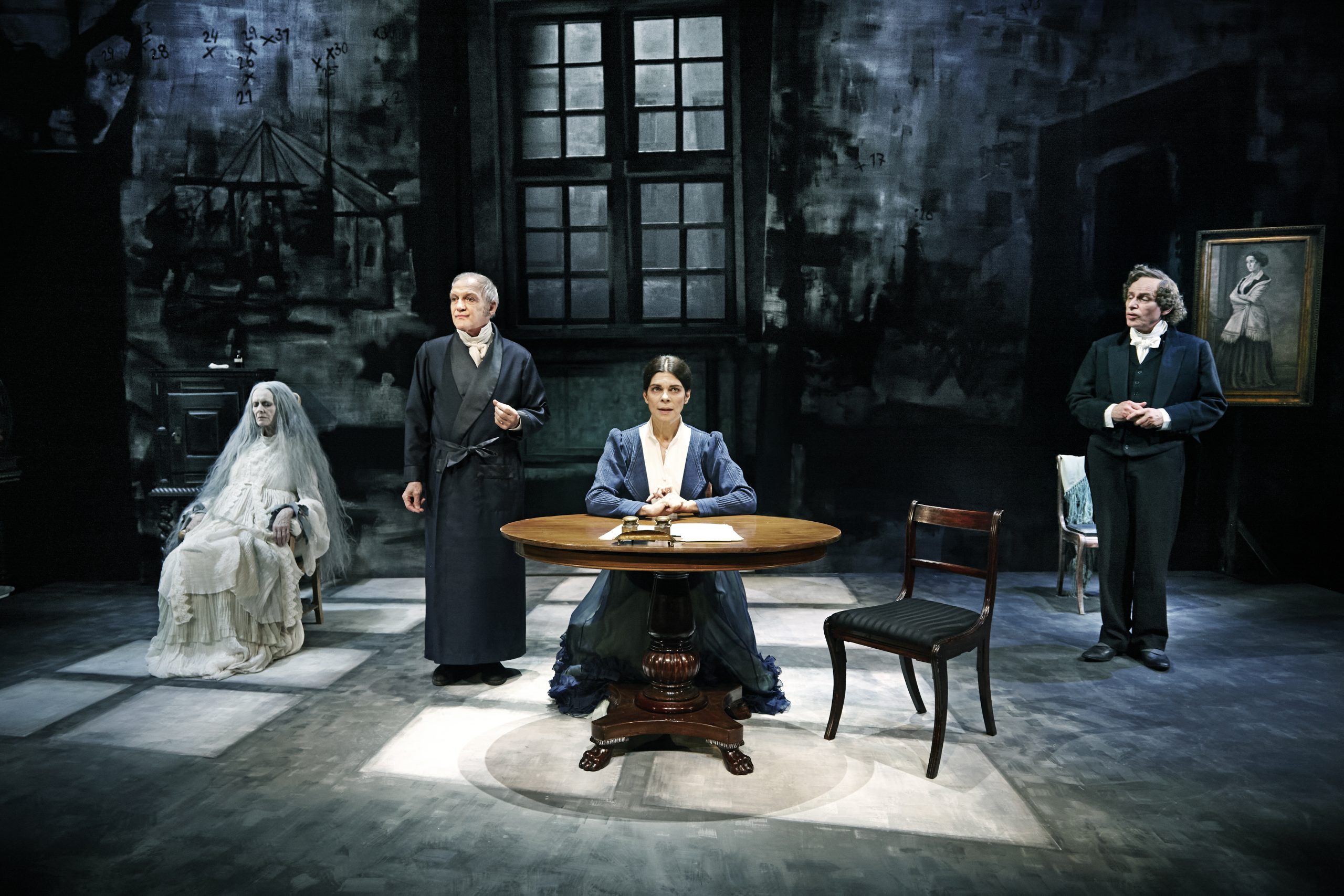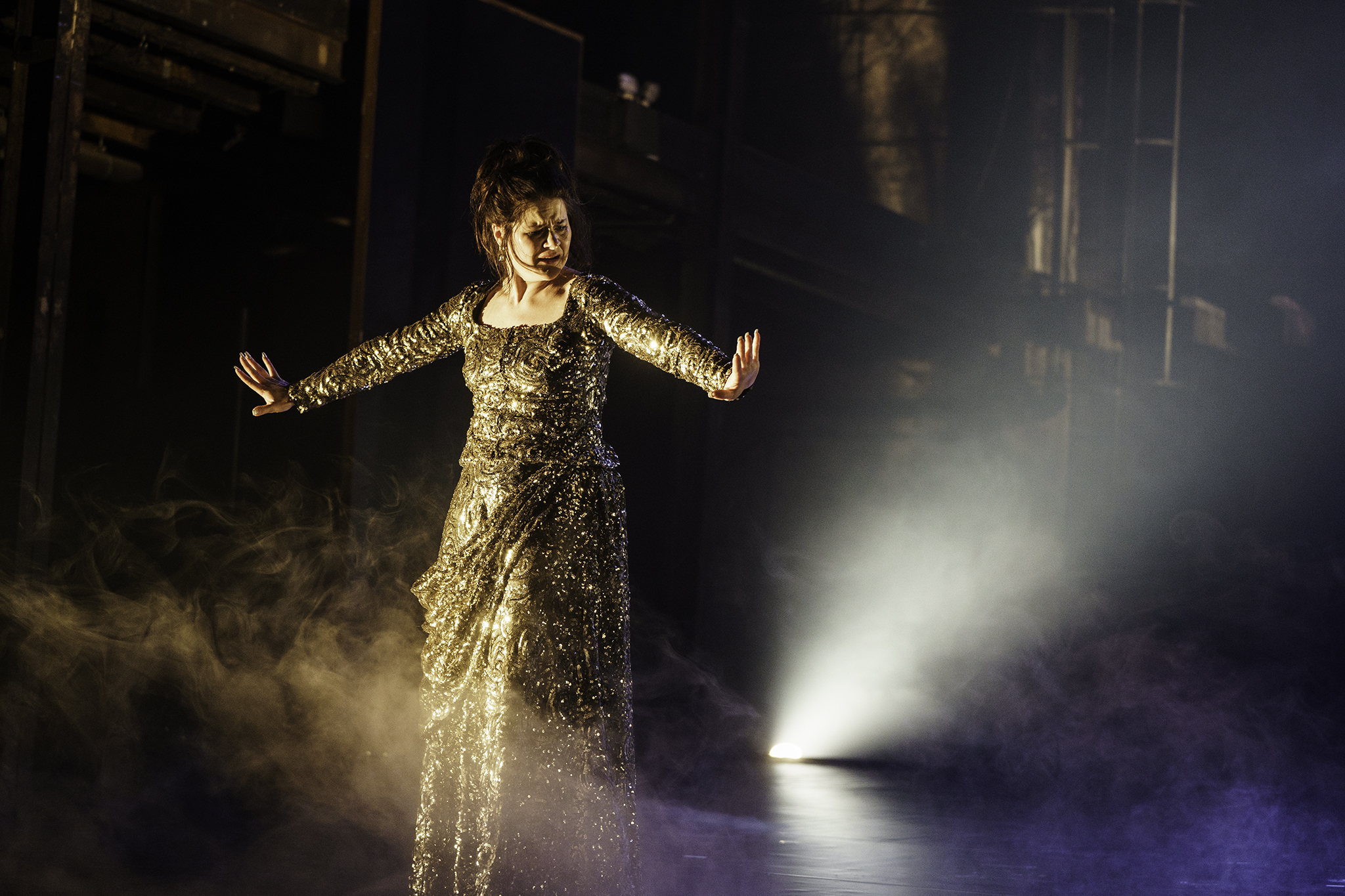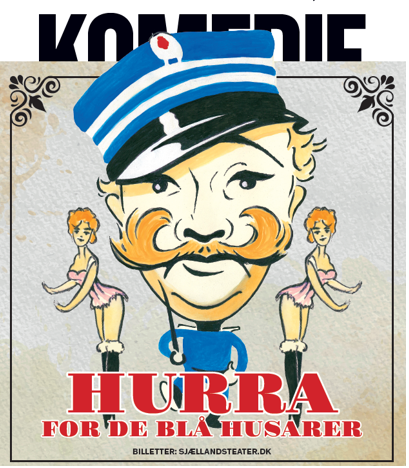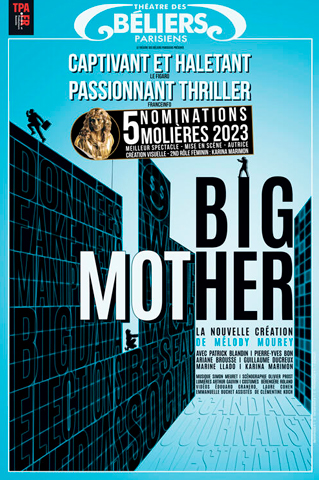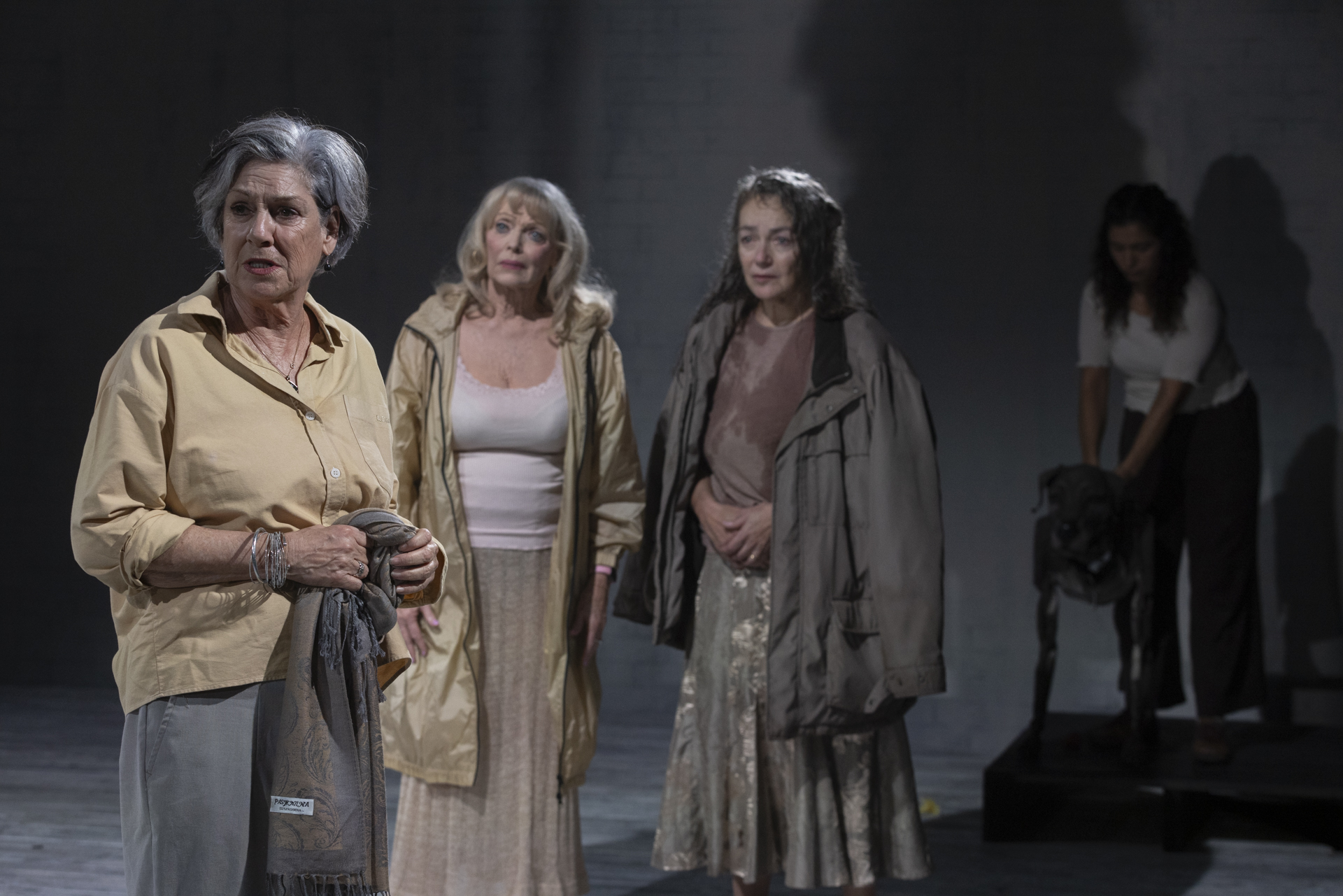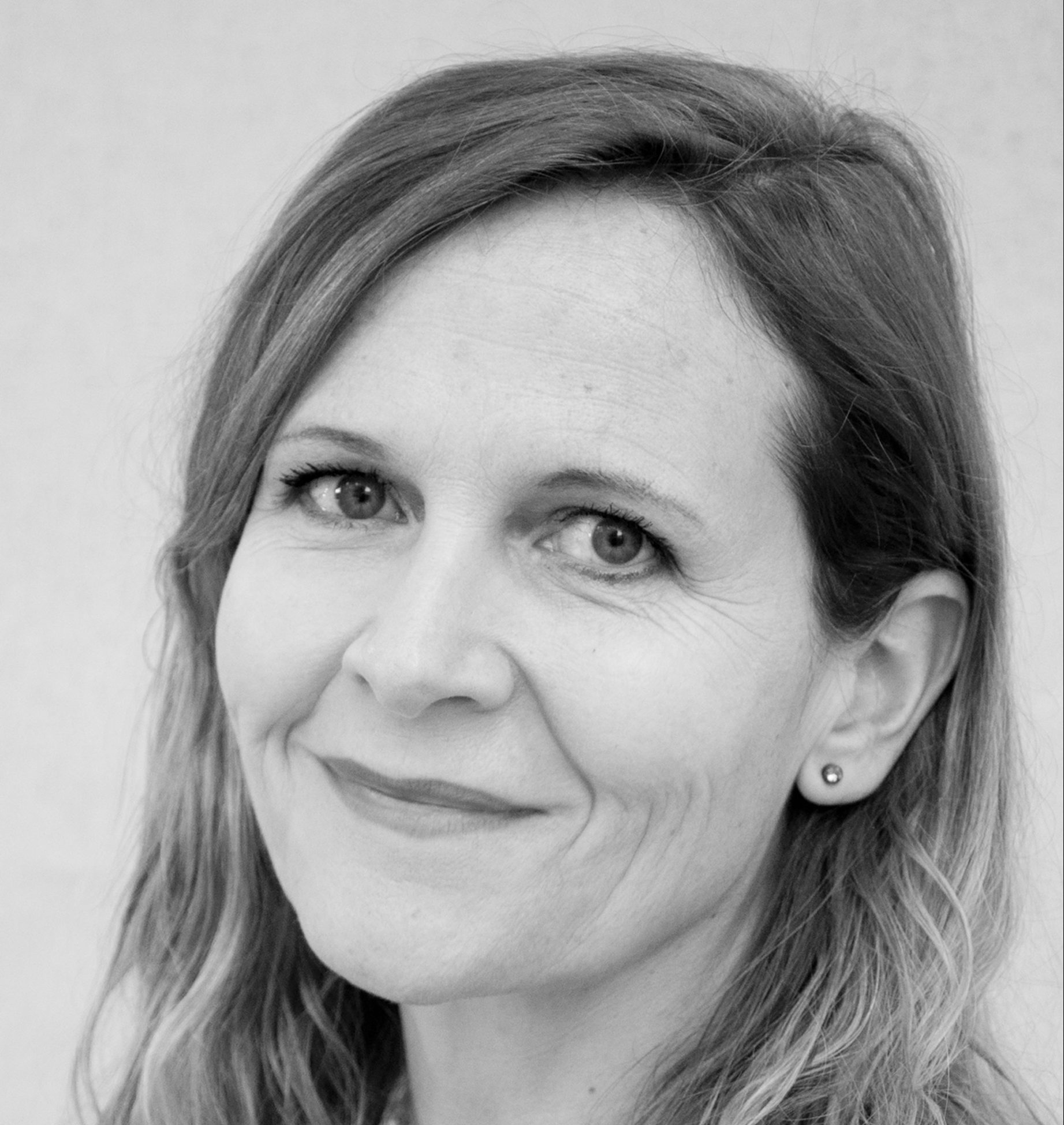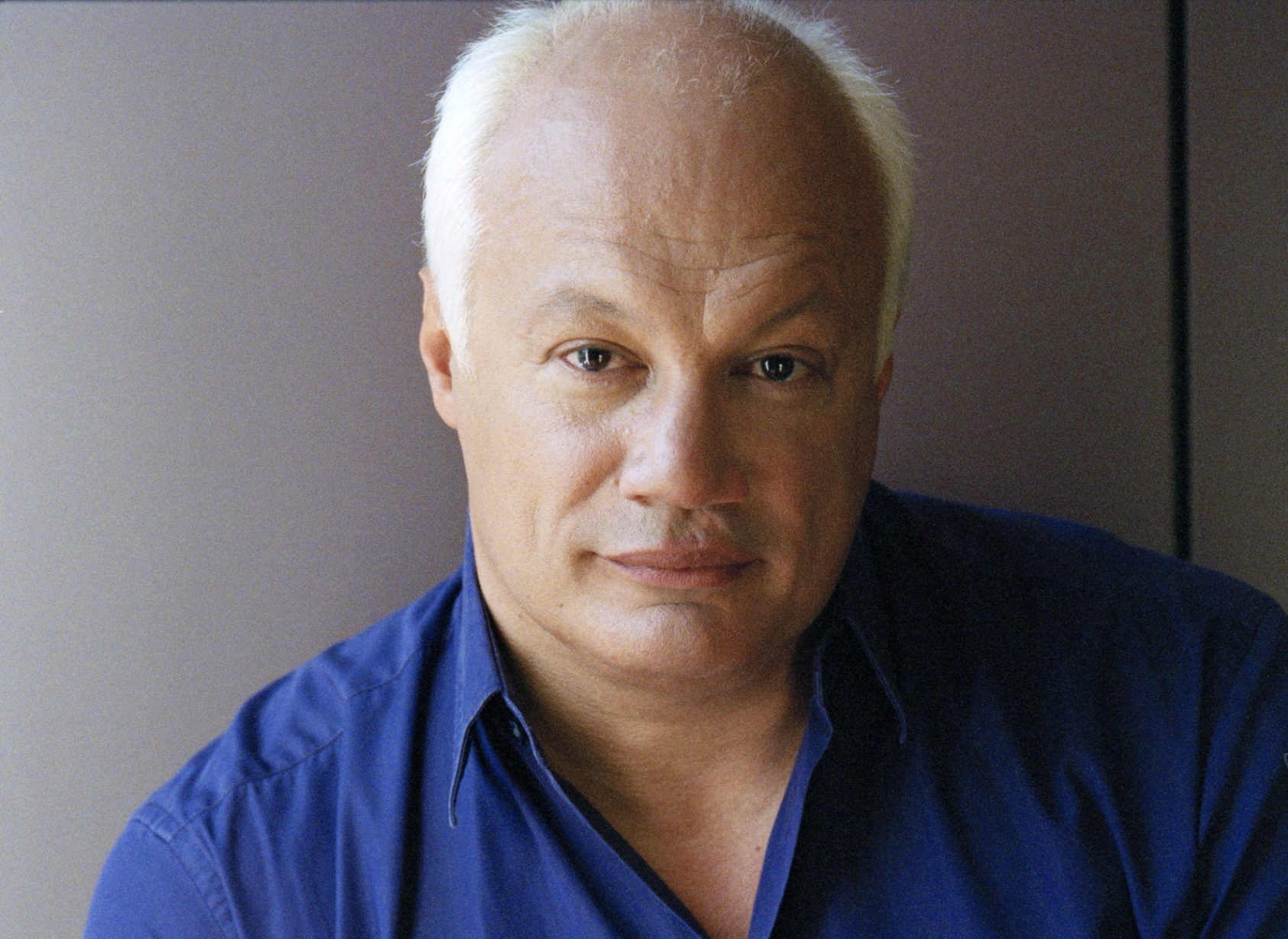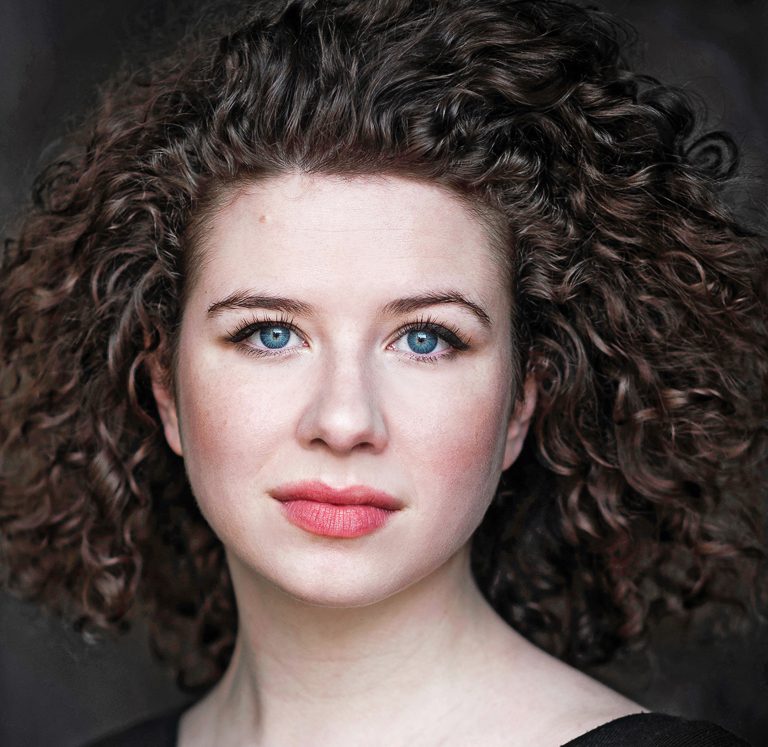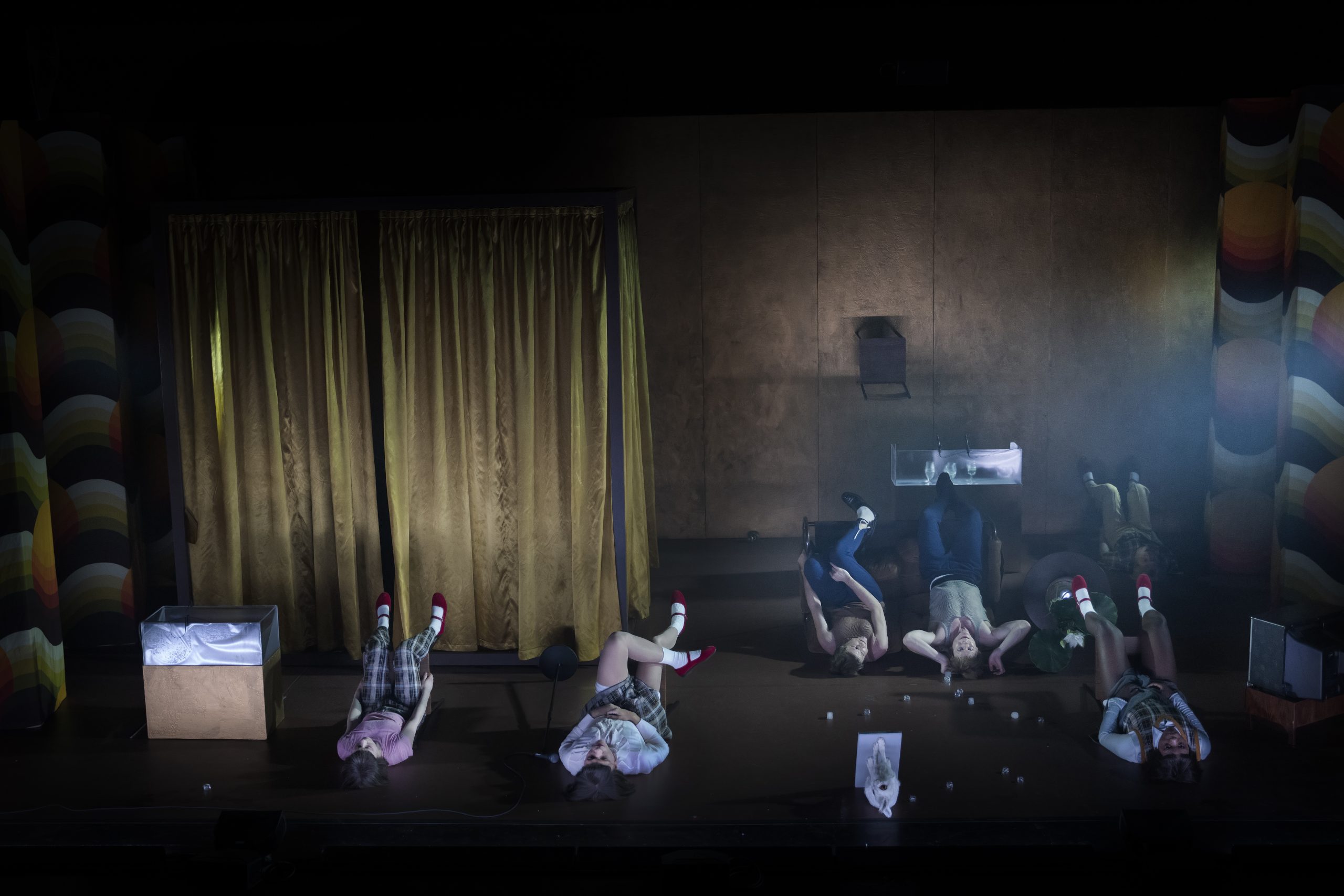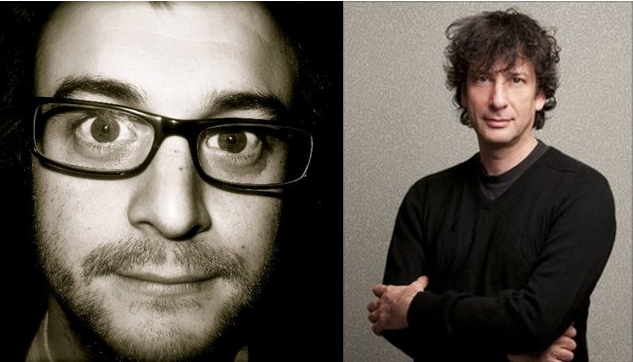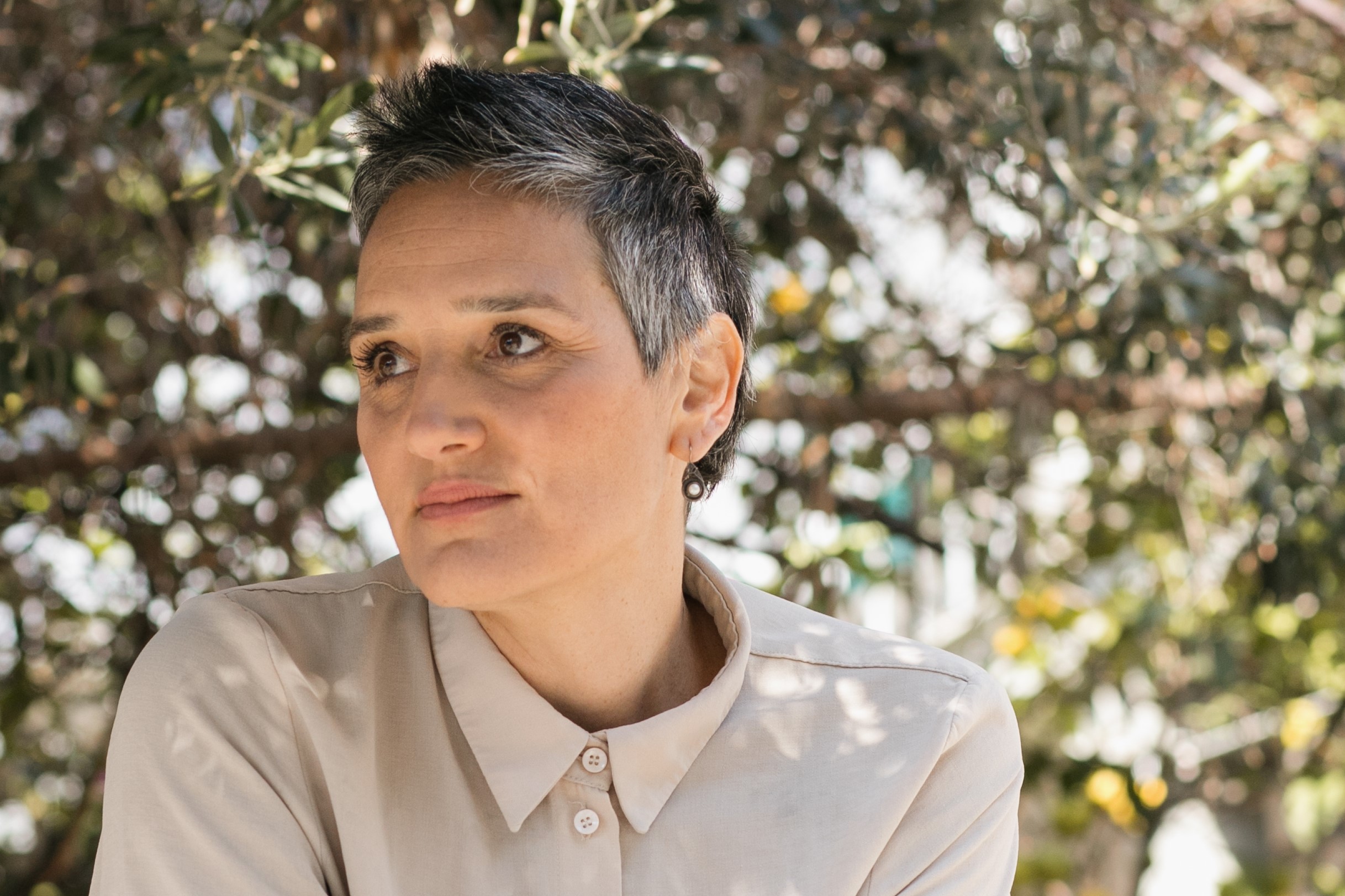An empty, indefinable space. Two young women, two sisters, waiting for a coach that will probably never come, meditate on their future; they are two actresses who have just seen their own small theater company go bankrupt. But this is not 'Theatre in the Theatre ", nor a reflection on the role of the actor. This play is mainly about the dramatic situation of usury, which, particularly in this period is so strongly in the limelight. It is a subject which, however, is handled in an apparently mild, light way (even visually, here, because of a strictly bare stage), without minimalism, however, as well as no yelling. This is a play of small and common characters, both sensitive and fragile: it’s not by chance that they are two actresses: people who live precariously a life made up of physical, and especially mental travels, of emotional and temperamental adherence to dramatic or comedic situations, to happiness or despair. So that what we see could be a play set by Francesca, the sister most given to lies, or it might be an extreme and real situation, sprung from the love and the lost and insecure candor of Susanna, who has for it the most devastating of remedies: suicide. Will Francesca agree to accept this sad, Chekhovian fate, or is she pretending, believing in fact that this is only the umpteenth joke of melodramatic Susy? But why Chekhov? Cited as a catchphrase by Francesca who dreams those unparalleled female roles, Chekhov comes to mind because of his extraordinary ability to be simple, accessible and natural while talking about the great daily tragedy, showing us the most fearsome aspect of daily life: the common and ordinary "pain of living"; in a comic / tragic-comic style that pitilessly portrays life as it is.

